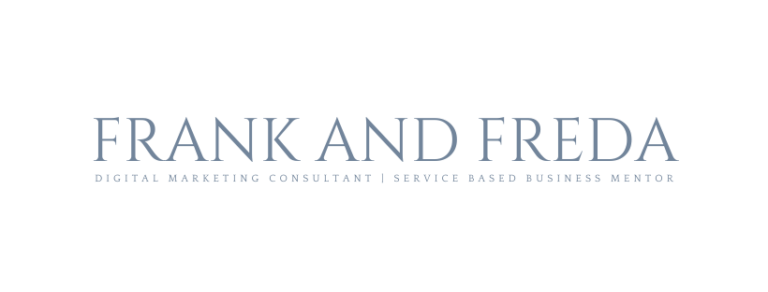In the competitive and ever-evolving landscape of virtual assistance (VA) businesses, knowledge is indeed power. If you’re looking to start a business or elevate your existing VA business, a well-structured business plan is one indispensable tool to wield that power.
Why, you may ask? A business plan acts as a guiding compass of sorts, directing your efforts and resources efficiently and effectively. It helps you shape your ideas for your business and identify your investment or start-up costs, determine the time required to recoup that investment, and ascertain the path to profitability.
Let’s dive into the three critical points where a business plan can light the way in your VA business just as it did mine:
1. Identifying Your Investment and Time to Pay Yourself Back
This was huge for me. We needed me to work, and although we had some savings, we couldn’t afford to make a bad investment.
So, before I even contemplated delving into the intricacies of my services or skills or where I would find leads, I started with the foundational step of “identifying investment and the timeline to recover those expenses.” This paved the way for prudent financial management, ensuring I made informed decisions about my business’s financial health.
Consider this: you’ve decided to venture into virtual assistance. Like any business, you need to allocate resources to grow and thrive. Begin by mapping out your financial investment, which could encompass various elements such as:
- Website Development: A polished website is your digital storefront. Budget for domain registration, hosting, design, and possibly professional content such as images and copywriting (don’t forget, though! As a VA, these may be just the skills and services you want to highlight, so if you can, do them yourself!)
- Marketing: Setting aside a budget for marketing strategies is essential. This may involve social media advertising, content creation, or email marketing tools.
- Business Tools: As a VA, you’ll need efficient project management, communication, and collaboration tools. Allocate funds for these subscriptions and analyse which programs you can utilise for free.
- Lead Generation: If you’re not opting for organic lead generation, budget for participation in networking events, webinars, or other lead generation opportunities.
Creating a well-thought-out business plan will empower you to determine the extent of investment you’re comfortable with and how long it will take to recoup these costs. In my journey, I crafted a business plan that helped me allocate funds and set milestones for payback. With clear financial goals, I achieved total payback within just three months, allowing me to focus on sustainable growth.
2. Your Services and Skills
Your services and skills are the essence of your VA business. The second point of your business plan should delve into these core elements, addressing questions such as:
- What services will you offer? Define your service offerings clearly. Are you specialised in administrative tasks, social media management, content creation, or other specific areas?
- Skills Assessment: Conduct an honest assessment of your skills. What are your strengths, and where do you need improvement or additional training?
- Pricing Strategy: Establish a pricing structure that reflects the value of your services and aligns with your financial goals.
- Competitive Analysis: Understand your competitors’ services, pricing, and strengths. Differentiate your offerings.
- Client Relationship Management: Outline how you’ll manage client relationships, including communication, reporting, and conflict resolution.
A well-crafted business plan ensures that your services and skills are at the forefront of your business strategy. It’s a roadmap to guide your actions and decisions, setting you on a path to success.
3. How You Will Find Your Leads
With your investments and service offerings outlined, it’s time to tackle how you’ll find your leads. Lead generation is a critical aspect of any business, and your business plan should incorporate a strategy for finding potential clients.
Consider the following strategies:
- Networking: Plan your approach to networking events, whether they’re in-person or virtual. Set goals for the number of events you’ll attend and the connections you aim to make.
- Content Marketing: Outline a content marketing strategy to showcase your expertise. This may include blogging, social media content, or email marketing.
- Referrals: If you will be relying on referrals, detail how you’ll encourage satisfied clients to refer new business.
- Paid Advertising: If you’re using paid advertising, allocate a budget for your campaigns and set performance goals.
- Cold Outreach: If you’re comfortable with cold outreach (I wasn’t), plan how you’ll identify potential clients and make initial contact.
A business plan serves as your blueprint for lead generation, ensuring you have a well-defined strategy to attract clients.
The VA industry is cutthroat and competitive, but you will stand out by showing business owners YOU KNOW BUSINESS! Knowledge is power, and a business plan is your secret weapon. It will guide your financial investments, shape your services and skills, and lead the way in pursuing potential clients.
Using this simple yet effective tool, you can chart a clear course to success and unlock the full potential of your VA business and your own full potential!
TIP
You can download a comprehensive business plan template on the business.qld.gov.au site here.



